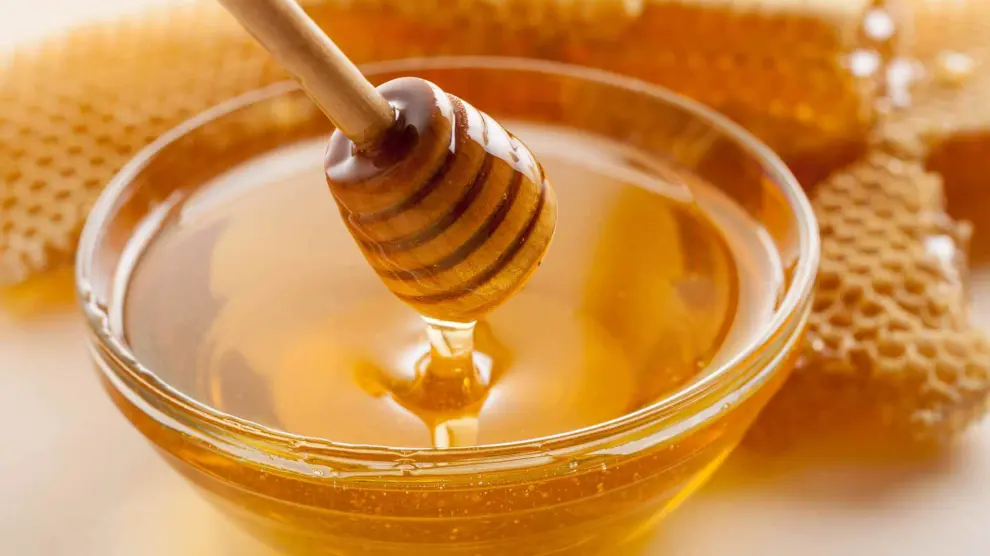Honey is a sweet, viscous fluid produced by bees from the nectar of flowers or the secretions of living plant parts. Bees collect it, process it, combine it with their substances, and store it in the honeycombs where it matures,” is how the Spanish Nutrition Foundation (FEN) defines this sweet delicacy. There are more than 320 types that vary in color, aroma, and flavor, but it’s best to consume a good quality honey that doesn’t have added sugar.
The best thing about honey is that it’s composed of sugar, a blend of vitamins, zinc, iron, amino acids, minerals, and antioxidants. This precious food is used as a natural sweetener, as well as an antibiotic, anti-inflammatory, and antioxidant. The FEN also explains that honey is such a powerful food that it couldn’t go unnoticed by medicine. “The Greek physician Hippocrates, the father of medicine, prescribed it for greater longevity.
Health effects of eating honey
- Helps reduce cholesterol known as ‘bad’ (LDL)
- Helps reduce triglycerides.
- Helps prevent the formation of blood clots.
- Protects the heart from oxidative stress.
- Helps heal burns.
- Soothes the throat when it is irritated.
Effects of honey on the liver
One of the most significant benefits of honey for the liver is its ability to reduce a key marker of non-alcoholic fatty liver disease (NAFLD). This disease is characterized by the accumulation of fat in liver cells and is one of the most common liver conditions worldwide, especially in developed countries. Because honey consumption can help reduce fat levels in the liver, this may reduce the risk of developing NAFLD or slow its progression in those who already suffer from it.
Honey also contains a large amount of antioxidants, which are essential for protecting the liver from molecules that could cause cellular damage or injury to liver tissue.

